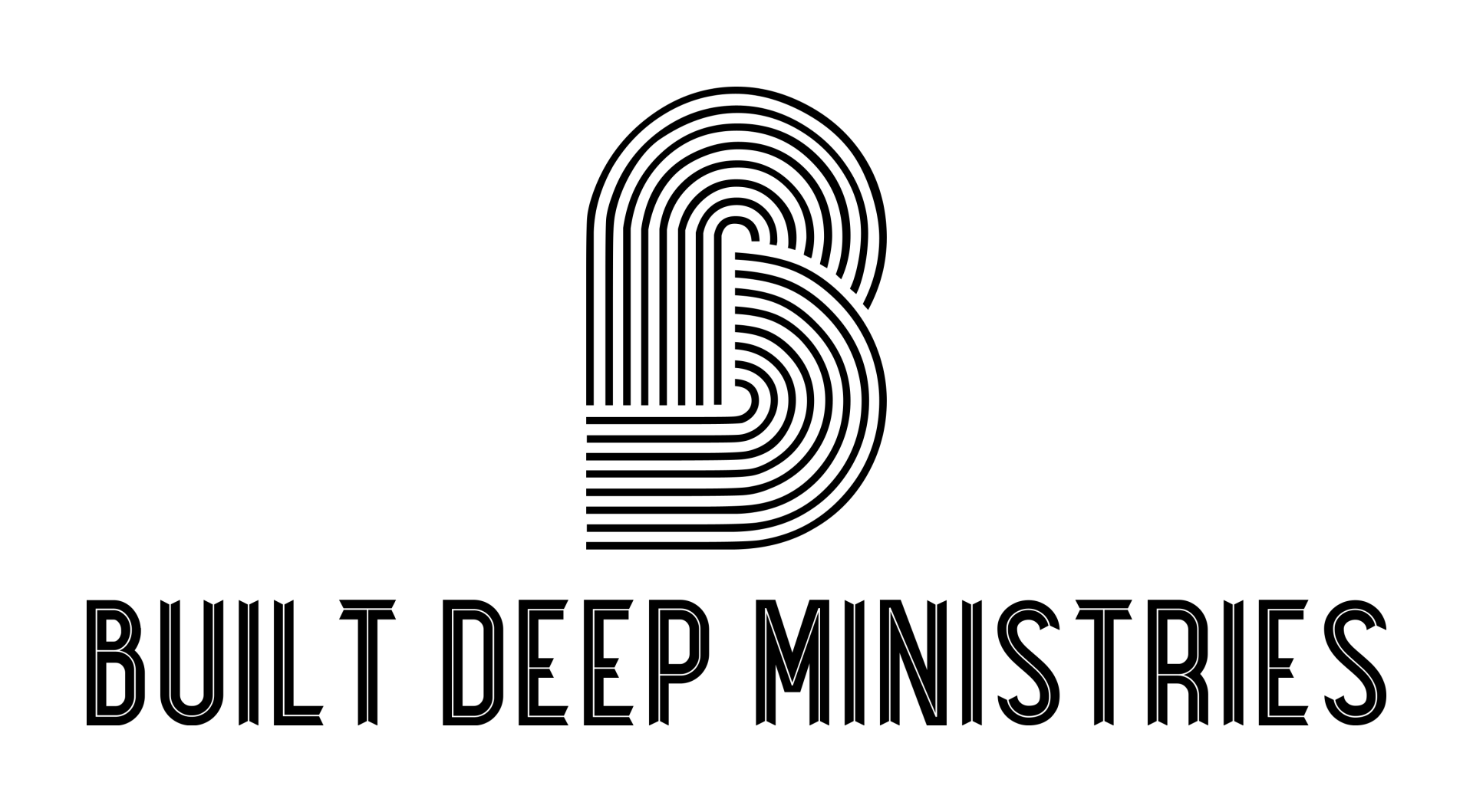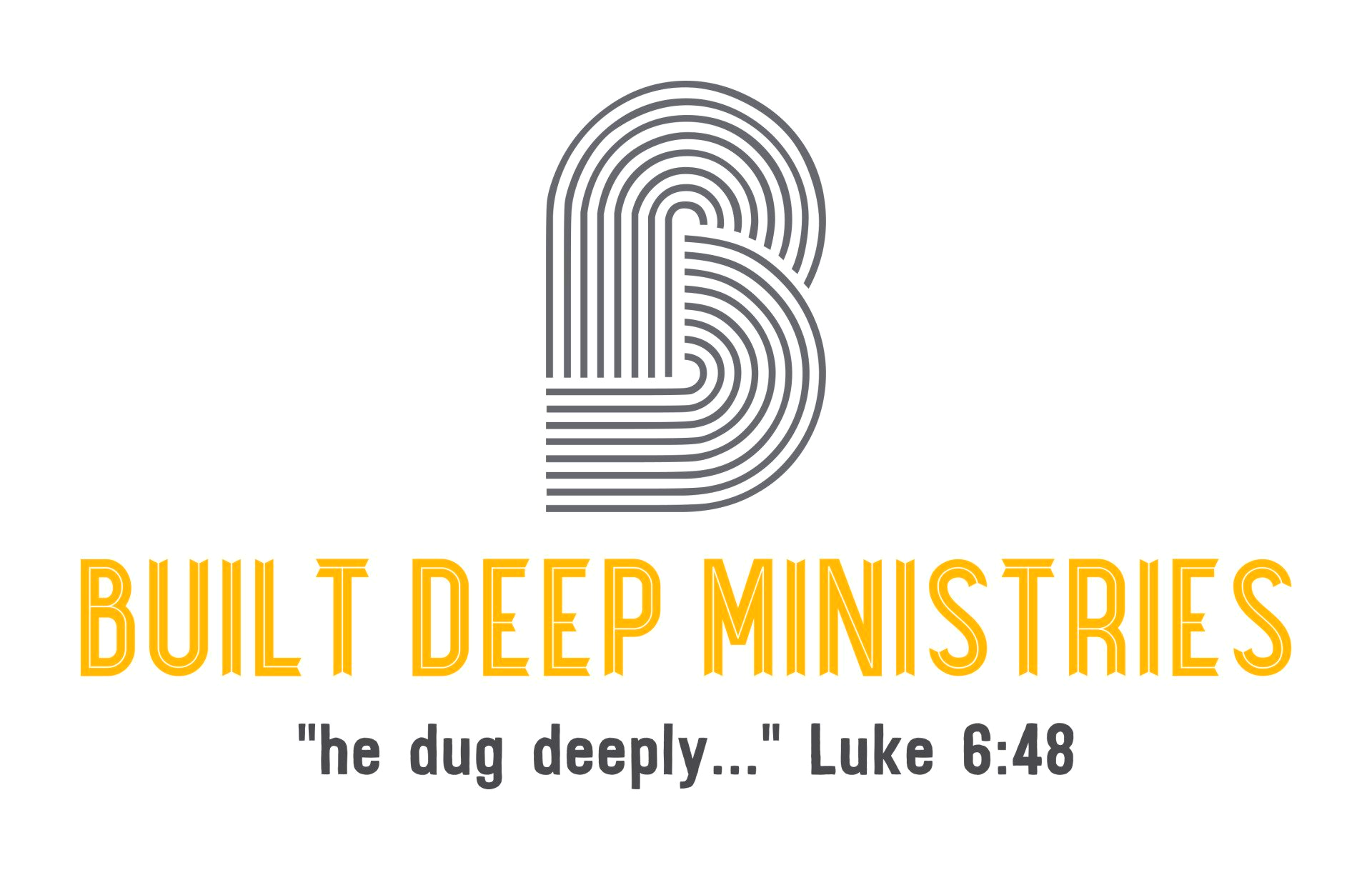D-Group Modules Overview
Preliminary Understandings
Module One: Spiritual Formation and Basic Leadership
- The Learning Process.
- World-view and Knowledge.
- Secular and Sacred Understandings of Reality.
- Character. Integrity. Spirituality.
- Image of God.
- Voice of God and Vocation.
- Time Management.
- Leadership defined and described.
- Purpose, Status and Role of the Leader.
- Motivation and Manipulation.
- Motivational Schemata.
- Biblical Foundations for Leadership.
- Old and New Testament Patterns.
- Ministry Life. Expectations, Liabilities & Pitfalls.
- Identity Issues and Leadership.
- Common Fallacies.
- Assessment Tools. Signs & Patterns.
- Spiritual Formation, Longevity and Life Maintenance.
- Practical Advice and Assorted Tips.
- Meaning, Perception and Language.
- The Hermeneutic Problem.
- Language and Reality.
- Social Functions of Language.
- Literary Approaches.
- Context and Meaning. Genre and Language.
- Genre and Bible.
- Interpreting the Bible's Genres
- Literary Structures.
- Literary Strategies.
- Literary Devices.
- Missiological Interpretation.
- Function, Purpose and Meaning.
- Topographic Analysis.
- Product, Ground and Tool Analysis.
- Approaching the Text: Building a Robust Hermeneutic Process.
- Contemporary Communication and Homiletics.
- Perceptive Events.
- Speech Acts and Meaning Events.
- Relating Textual Goals and Communication Goals.
- Relevance and Communication
- The Speaker’s Role
- Uses of Tension and Resolution.
- Practics: Notebuilding. Delivery. Ordering an Event.
Module Four: Pastoral, Spiritual and Peer Counseling
(Mentored Projects)
Module Seven: Continuing Growth
- Christian Theory of Humanity and Personality.
- Human Awareness and the Image of God.
- Human Meaning, Needs and Life Strategies.
- Righteousness and Well-Being.
- Roles of the Pastoral, Spiritual and Lay Peer Counselor.
- Spiritual Counseling Goals.
- Christian Life Strategies.
- Assessment and Discernment.
- Uses of Talk and Relationship.
- Deep-Level Healing and Spiritual Deliverance
- Limitations of the Spiritual and Pastoral Counselor.
- Ethics and Conduct.
- Society, Culture and Groups. Basic Understandings.
- Groups, Institutions, Traditions, Discourses and Metanarratives.
- Group Identity. Social Boundaries and Identifying Centers.
- Individuals and Identification. Solidarity, Centrality and Marginality.
- Group Configurations and Social Interfaces.
- Networks, Alliances, and Partnership. Differentiation and Unification.
- Sub-grouping. Macro-Micro Group Relations.
- Change and Change Agency.
- Leadership Teams: Purpose and Function. Creation and Maintenance.
(Mentored Projects)
Module Seven: Continuing Growth
- The Mission of God. Church, Kingdom and Individual Perspectives.
- Survival and Change in Organic Social Entities.
- Discipling Others: Maximizing the Other.
- Replication, Replacement, Variability and Adaptation.
- The Body and its Members. Seasons of Service. Lifetime Service.
- Discipling the Self: Spiritual Disciplines. Strategies for Ongoing Vitality.

